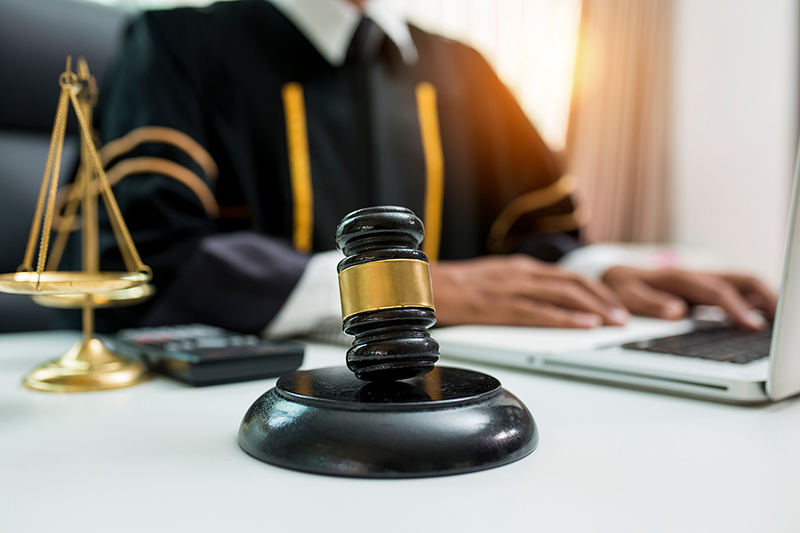Click here to get this post in PDF
Do you require legal transcribing services? Lawyers and others in the legal profession generally have their hands full 24 hours a day, seven days a week. Many people work on client paperwork, interviews, and court recordings in their spare time. Allow us to assist you in the importance of legal transcription for your firm, court system, or workplace. It’s critical for success to figure out how to be as time-efficient as possible, especially if you want to take on new clients. Administrative tasks, including transcription, take up the greatest time.
Confidentiality is incredibly important in finding the correct legal transcription service, and it might help your law company reduce its workload.
Choosing the wrong legal transcription company could end up being a timely and risky mistake. Therefore, when selecting a legal transcribing service, it’s critical to understand the steps that the service must follow to ensure the quality and security of your documents.
Step 1: In court hearings, depositions, or interviews with several speakers, audio is captured. It is usually documented by the government or by someone who has been paid to do so. Some lawyers write and record their own notes, letters, and memos, much like doctors do with their patient’s medical charts. For the finest quality, these notes are recorded using a handheld digital recorder, toll-free phone-in dictation system, or an iPhone App.
Audio and video data in several formats are accepted by most legal transcribing companies. It’s a good idea to double-check with your potential provider to verify if they can handle your particular format. Similarly, always inform the legal transcribing service of the dates you require your files and the format you require.
Step 2: Following receipt of the file, the legal transcriptionist listens to the tape and transcribes precisely what they hear, a process known as verbatim transcription, in the format you specified. They’ll also consider the type of source material they’re working with. If a legal document or letter is being transcribed, syntax, grammar, and proper wording and phrasing will be employed to generate a professional document if it is not dictated correctly.
Step 3: After the transcriptionist has completed their work, a second individual reviews your document. Our completed transcripts are sent to our QA (Quality Assurance) staff for a thorough check at Transcription Outsourcing LLC. This stage is critical for the document’s grammatical integrity and accuracy.
Step 4: After everything has been proofread and double-checked, the document is returned to you. If you like, the document can be returned as a paper hardcopy or in a variety of digital formats. After that, carefully archive the completed certified legal transcript in case you need it again in the future.
More than just saving time, legal transcriptions can benefit legal professionals and lawyers. It aids in the advancement of court cases and the planning of future legal measures. A lawyer can use transcripts to generate witness questions. They can also assist in the planning of trials and give recommendations for cases that have already been determined. Legal transcriptions can also be used to prove a victim’s or suspect’s guilt or innocence. Finally, the judge’s and jury’s conclusions can be difficult to comprehend at times. Examining the transcripts can help them understand their choices.
As an attorney, the correct legal transcription business will assist you in becoming more organized and saving time. You’ll get the right document format for your requirements. The final transcript may include timestamps, line numbers, and page numbers, as well as the names of the speakers. Therefore these are the major tips that one must take care of if looking for a legal transcription provider.
You may also like: All You Need to Know About Document Legalization
Image source: Shutterstock.com

